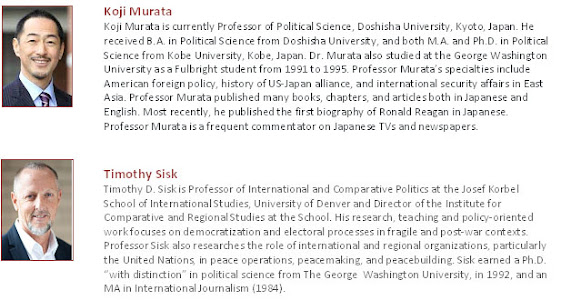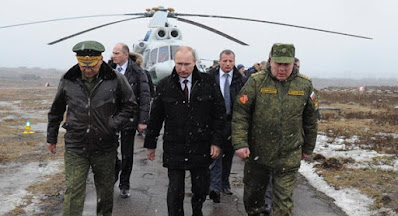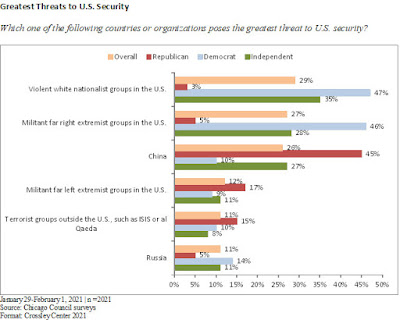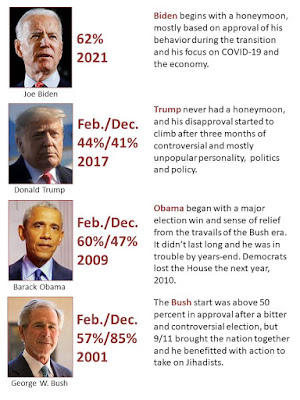As the Biden Administration works to reset foreign policy, Asia is now its primary international relations arena. Japan remains a critical ally and attention on China intensifies. With the revival of the Quad group (a coalition involving Japan, India, Australia and the U.S.), Secretary of State visits to allies Japan and South Korea, and an opening exchange with China, an ascending Asia now takes on momentous significance.
In order to explore this development, the Crossley Center for Public Opinion Research’s program on Asian foreign policy is now underway. The speakers’ series, sponsored with the University of Denver’s Josef Korbel School of International Studies and the Consulate-General of Japan in Denver, is in its second year of open dialogue between Japanese and American professors on the Japanese-American alliance and issues surrounding the Indo-Pacific region.
Four panel discussions during the next two weeks will highlight major issues taking place in Asian foreign policy. The program begins on Tuesday, March 23rd, with a dialogue on the impact of sports on international politics – including, of course, the Tokyo Olympics. Next, on Wednesday, March 24th, a panel will take up the challenges of maintaining a free and open Indo-Pacific region, and will specifically focus on China. On Monday, March 29th, speakers will discuss the newly revived Quad concept that includes Australia, India, Japan and the U.S. The program will conclude on Wednesday, March 31st, with a panel on the U.S.-Japan alliance and defense policy.
Four Panel Discussions on a Free and Open Indo-Pacific
Sports and International Politics
The 2020 Olympics and Paralympic games were postponed for the first time in history due to the coronavirus. But, Japan is committed to the games in the summer of 2021. It is a powerful reminder of the importance countries attach to hosting and participating in international sporting events. Join a conversation on value, importance and impact of the Olympics and international sports on foreign policy with U.S. and Japanese experts.
March 23, 2021 on Zoom
5:00 pm MT
Free and Open Indo-Pacific and China
A free and open Indo-Pacific from the Northern Pacific to India is a diplomatic, economic and national security goal of the U.S., Japan, and its friends and allies around the world. The challenges it faces from China’s broad claims of sovereignty and hostile behavior and aggressive rhetoric witnessed in Hong Kong, Taiwan, the South China Sea and elsewhere is the topic of this panel of experts from the Korbel School and Doshisha University in Kyoto, Japan.
March 24, 2021 on Zoom
5:00 pm MT
Free and Open Indo-Pacific: The Quad
Join a conversation with experts from the U.S. and Japan on the potential for a joint strategy and unified actions on important issues in the Indo-Pacific region. Can Japan, the U.S., Australia and India be a defender of the rule of law and democratic values?
U.S. and Japan Alliance and Defense Policy
From the East China Sea to the South China Sea, including Hong Kong and Taiwan, the risk of conflict has increased in recent years. Join a conversation with leading foreign policy and diplomatic experts from Japan and the U.S. on the threats and options for the U.S.-Japan alliance.

























